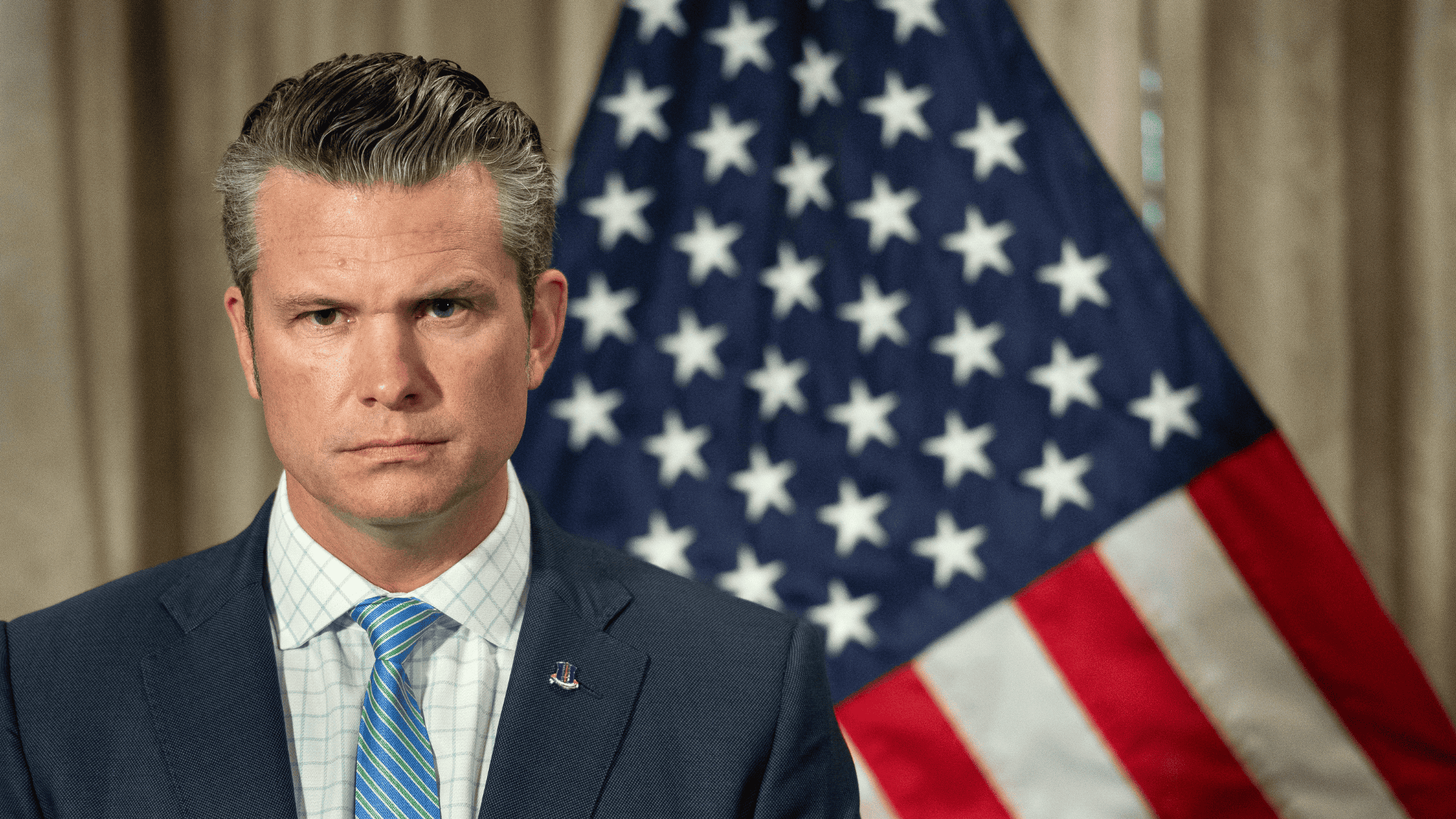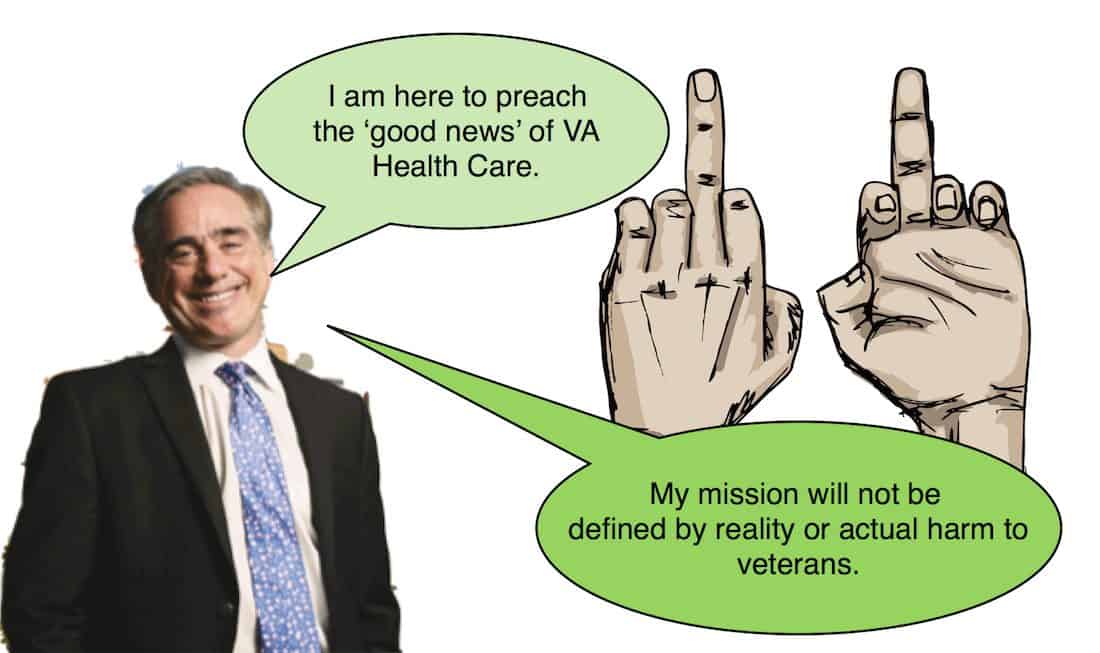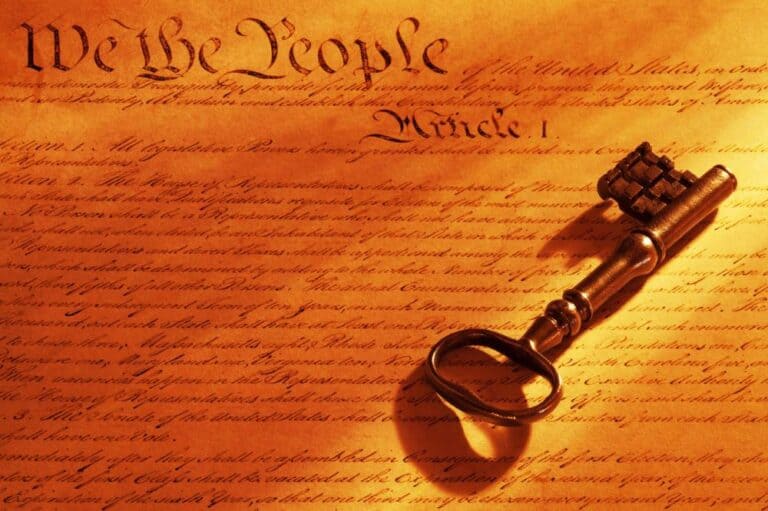Military Lawyers Sworn In as Immigration Judges—Opportunity or Overreach?
In a bold move, the Pentagon authorized up to 600 military lawyers to serve as temporary immigration judges under the Department of Justice. These assignments — capped at 179 days each — are meant to reduce a crushing backlog of more than 3.5 million pending cases in U.S. immigration courts. (Military Times)
On paper, it looks like a win-win: immigration courts get reinforcements, and military attorneys gain experience beyond courts-martial.
But scratch beneath the surface … and tough questions emerge.
Why It Matters for Veterans
This isn’t just about immigration law. For veterans, it’s about boundaries, trust, and precedent.
- Civilian vs. Military Lines:
The U.S. has long protected a sharp divide between civilian and military roles. Veterans understand the weight of this balance better than most. When soldiers in uniform start rendering decisions in civil courts, we risk eroding the very principles we swore to defend.
Will we see more of our troops adjudicating civic roles beyond crisis contexts?
- Judicial Neutrality:
Immigration cases aren’t simple. They involve asylum claims, family separations, and life-changing decisions. Even the perception that military discipline is being injected into civilian justice raises eyebrows.
Veterans — who often grapple with how their own service is judged — know how fragile trust in any system can be.
- Veteran Identity and Civil Society:
For those who served, this moment echoes a deeper question: What happens when the tools of defense become tools of governance?
Veterans carry lived experience of service in uniform — this change feels like watching that identity blurred into arenas it was never designed for.
Voices from the Fallout …
Supporters argue the move is about efficiency, not ideology:
“We need every hand we can get to untangle this backlog. These lawyers are skilled, disciplined, and mission-focused.”
Critics see it differently:
“The system is strained, but outsourcing adjudication to military personnel risks judicial neutrality. Speed can’t come at the cost of justice.”
The Bigger Picture: Opportunity or Overreach?
Let’s be honest — this isn’t a simple yes/no debate.
- Overreach: But if this becomes routine, we normalize the idea that when civilian institutions falter, the military should fill the gap. That’s a slippery slope — one that could weaken both democracy and the very fabric of civil-military trust.
- Opportunity: Military JAG officers are highly trained. Their discipline, legal acumen, and ability to operate under pressure could inject desperately needed relief into an overwhelmed system.
What Veterans Should Watch Closely
- Scope Creep: Will this stay temporary, or is it a test run for permanent military participation in civilian justice?
- Training Gaps: Are JAGs being properly trained in immigration law, or are they being asked to learn on the fly? Veterans know the dangers of being under-prepared for a mission.
- Checks and Balances: How robust are the appeal rights for those who face judges in uniform? This isn’t just about efficiency — it’s about fairness.
Final Thoughts – This is Personal.
This maneuver may fix a staffing gap, but it also carries the risk of reshaping checks and balances in unexpected ways. Out of uniform, but still in uniform?
For veterans, this isn’t abstract — it’s personal. We served to protect a country where the military doesn’t decide civilian fates. This initiative may ease a backlog, but the bigger question is whether it chips away at the walls between military discipline and civilian justice.
Efficiency matters. But justice — especially for vulnerable people navigating immigration court — demands independence above all else. Veterans know what happens when lines blur, and we should be the loudest voices insisting those lines remain sharp.
For more stories that connect service and society, visit DisabledVeterans.org.





VHA is just another American lynch mob. We need to start breaking these down. Whittling them away. Beating them with sticks and stones.
Nobody should go to the VA until “The Bivens Act of 2024” or similar legislation is passed. This country has created a super citizen class with elevated rights, immunity, and unlimited legal resources to defend themselves against abusive and lawless behavior. Simply put, it’s a risk to do business with VA under those conditions. It’s funny that in the USA, ordinary citizens have all these rights on paper, but off paper it takes lifetimes to actually obtain those rights. With denial of care in the mix, it’s clear that you don’t have the right to full healthcare at VA, and the arbitrary decision making has to stop. Standards of care and penalties for not rendering that care need to be made law, and the super citizenship and lack of recourse for rights violations needs to cease. Until then people should not be going or otherwise you’re condoning the unacceptable status quo.
Agreed.
Ben my message on the email I sent is I am submitting all documentation to the EEOC. A senior government employee viewed some of this and recognized the injustice immediately.
– We want the VA to give us an annual death report, including those who died because of VHA incompetence
– We want denial of care letters to be the standard
– We want compensation for the victims of VHA employee abuse
We know this happens so don’t hand me any bullshit. We want accountability or we want this system annihilated. Better yet, open it up to the public and watch it implode.💥
AJ
Oh I can tell you firsthand that it does.
As for what the military attorneys are doing is right in line with what else the Trump administration is doing. That genius act has to with the digital currency. Banks are blocking access to accounts. Clayton Morris the previous fox news guy and now redacted most of the time has agreed with the president and now he is against President Trump on this. Oh this is becoming a militant country and I believe it is going to get worse.
Aside from military cannon fodder, they might be running out of people who actually want to do public service because of the sheer volume of bad politics, incompetence, nauseating bullshit, stupidity, games…I guess people need to eat so.. USA might be lucky and have neverending streams of idiots who wanna play all these degenerate games.
When will they invite back all the people who have fled this horrible system over the abuses, insults, and rights violations, and all the people denied care and sent away to rot away in pain without pain medication or surgery? They’ve been given a fortune that would make Ali Baba fuckin sick. What excuses will the lawless bastards come up with next? Folks, the veterans healthcare administration is a hate group and a bunch of crooked idiots.
Sooo…what happens to these jag officers careers when they follow the constitution instead of the “current ruling party”? Just sayin…
The super citizens at VA have unlimited legal resources and immunity and the “right to abuse” and violate your rights… thanks to the derelict Supreme Court..new policy to support and defend the executive against all citizens.. not so much support and defend the Constitution. That’s why it’s our duty to overthrow these people.
Trillion dollar pill mill and guinea pig farm, incompetence, misery, death, by God I tell you tens of thousands have left in disgust. It’s a jobs program for the mentally ill and depraved.
Checks and balances, separation of powers, separation of church and state, the Constitution, they don’t give a shit about any of it unless it furthers their polical agenda. If they need to, they’ll wipe their ass with the Constitution. They’ll also beat people with the Constitution if they have to. These rotten fuckers in all branches of government need to go!